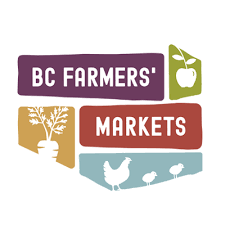Eating seasonally and locally is a way to live more lightly on the earth – with a side benefit of enjoying more tasty produce! If you’ve ever compared a woody, out-of-season California strawberry with one fresh-picked from the garden, you’ve experienced this first-hand. But if you’ve always just bought what’s available at the grocery store (and you don’t garden yourself), you may not know just what is in season. Act Now B.C. has compiled a list of benefits of eating seasonally, along with a handy chart that shows when your favourite produce is available.

The two benefits identified by Act Now B.C. are affordability (out-of-season produce usually costs more) and sustainability (environmental, community and economic) but, as I alluded to at the beginning, the most immediate and satisfying is the sheer pleasure of eating a strawberry that tastes like a strawberry should.
So, what’s in season now?
- Strawberries
- Beans
- Broccoli
- Carrots
- Cauliflower
- Celery
- Corn
- Lettuce
- Green onions
- Radishes
- Rhubarb
- Spinach
- Turnips
- Zucchini
We can look forward to all of the above, plus the following treats at the Royal City Farmers Market in July & August:
- Blackberries
- Blueberries
- Cherries
- Currants
- Raspberries
- Parsnips
- Field peppers
Remember, the market is held every Thursday from 3-7pm, starting June 25 and continuing until October 8, in Tipperary Park near City Hall.

